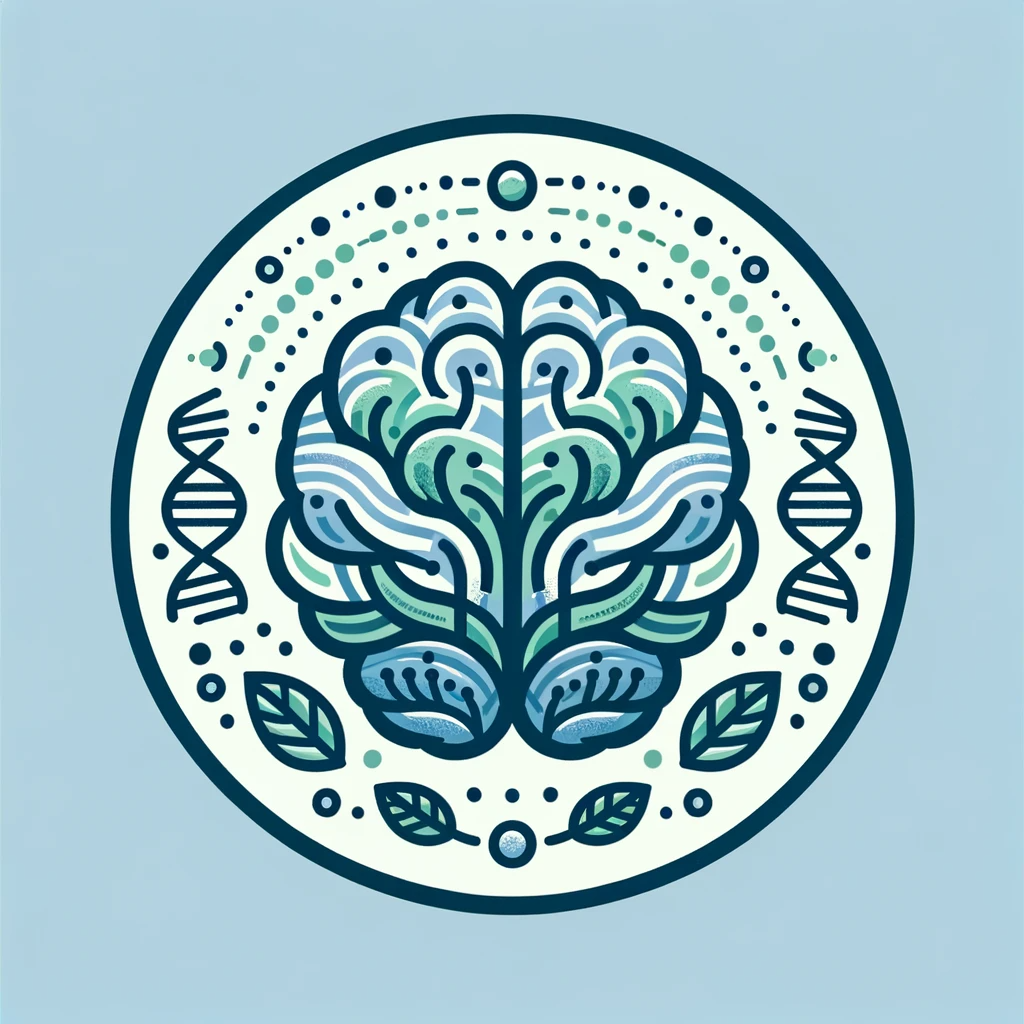Shenaar-Golan, V., Wald, N., & Yatzkar, U. (2017). Patterns of emotion regulation and emotion behavior among parents of children with and without ADHD. Psychiatry Research, 258, 494-500.
Wald N., Tadmor-Zisman, Y., Shenaar-Golan, V., & Carthy T. (2018). Influence of maternal negative emotion reactivity and cognitive reappraisal on child anxiety disorder. Depression and Anxiety, 35(4), 353-359.
Wald, N., Tadmor-Zisman, Y., Shenaar-Golan, V., Yatzkar, U., Carthy, T., & Apter, A. (2019). Child–Mother Reappraisal and Child’s Anxiety Among Anxious and Non-Clinical Groups. Journal of Child and Family Studies, 29(6), 1642-1648.
Shenaar-Golan, V., Vald, N., & Yatzkar, U. (2021). Parenting a Child with Mental Health Problems: The Role of Self-Compassion. Mindfulness, 12(11), 2810-2819.
Shenaar-Golan, V., Yatzkar, U, & Yaffe, Y. (2021). Paternal Feelings and Child’s Anxiety: The Mediating Role of Father-Child Insecure Attachment and Child’s Emotional Regulation. American Journal of Men’s Health, 15(6).
Shenaar-Golan, V., Yaffe, Y., & Yatzkar, U. (2022). Validation of the parental feeling inventory with parents of adolescent. Child and Adolescent Social Work Journal, 1-9.
Hen, M., Shenaar-Golan, V., & Yatzkar, U. (2022). Children and Adolescents’ Mental Health Following COVID-19: The Possible Role of Difficulty in Emotional Regulation. Frontiers in Psychiatry.
Shenaar-Golan, V., Gur, A., & Yatzkar, U. (2022). Emotion regulation and subjective well-being among parents of children with behavioral and emotional problems – the role of self-compassion. Current Psychology, 1-12.
Shenaar-Golan, V., Hen, M., & Yatzkar, U. (2022). Do parents’ internal processes and feelings contribute to the way they report their children’s mental difficulties on the Strength and Difficulties Questionnaire (SDQ)? Child Psychiatry & Human Development, 1-11.




